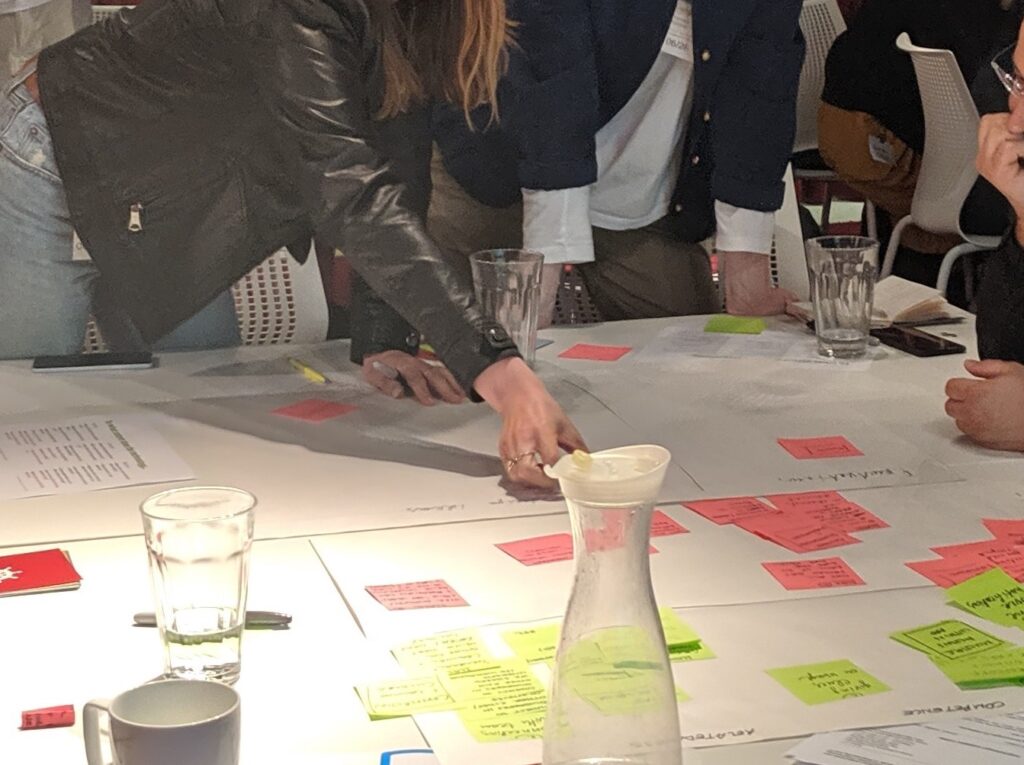Growing concern over the impact of digital technologies on psychological wellbeing has prompted major technology companies to develop initiatives for ‘digital wellbeing’. However, these initiatives tend to focus on helping users change their behaviour (to better resist technology) rather than on changing technology itself. Yet, it is unclear why users should bear the burden of adjusting to, or self-regulating against, designs that aren’t aligned with their psychological needs. Shouldn’t technology makers aim to design to better meet psychological needs in the first place? Indeed, many designers are motivated to improve the psychological impact of their technologies but there is little rigorous guidance on how to do so in practice. There is a gap in evidence-based methods and strategies that practicing designers can employ to integrate wellbeing psychology knowledge into the technologies we use every day.


Key contributions of this research include insights from three empirical research studies, a set of evidence-based guidelines for wellbeing supportive design, and a Wellbeing Supportive Design Toolkit which translates new research knowledge into a format relevant to design practice.
Follow this link to Dorian Peters’ personal website
Follow this link to the toolkit

People
- Dorian Peters
- Dr Naseem Ahmadpour
- Dr Lian Loke
- Dr Rafael Calvo
Publications
- Peters, D., Ahmadpour, N., & Calvo, R. A. (2020). Tools for Wellbeing-Supportive Design: Features, Characteristics, and Prototypes. Multimodal Technologies and Interaction, 4(3), 40.
- Peters, D., Loke, L., & Ahmadpour, N. (2020). Toolkits, cards and games – a review of analogue tools for collaborative ideation. CoDesign, 0(0), 1–25.
- Peters, D., & Ahmadpour, N. (2020). Digital wellbeing through design: Evaluation of a professional development workshop on wellbeing-supportive design. 32nd Australian Conference on Human-Computer Interaction, 148–157.
- Peters, D., & Calvo, R. A. (2021). Design for Wellbeing—Methods and Strategies for Supporting Psychological Needs in User Experience. Extended Abstracts of the 2021 CHI Conference on Human Factors in Computing Systems, 1–3.

